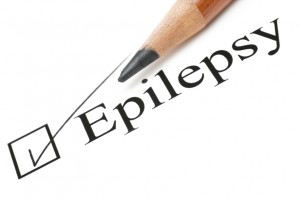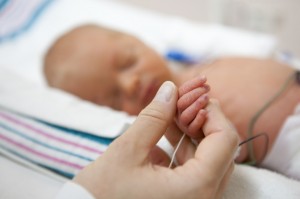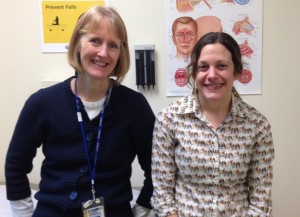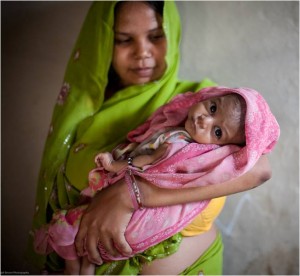“You study Facebook?” Megan Moreno, MD, MPH, often hears a surprised response like this when she describes her work researching adolescent’s use of social media at Seattle Children’s Research Institute’s Center for Child Health, Behavior and Development. But, Moreno no longer has to tell people about her research – she can show it to them. […]
While many people with epilepsy live a full life, some die abruptly without warning or other clear medical cause due to a devastating phenomenon called sudden unexpected death in epilepsy (SUDEP). SUDEP is the most common cause of death in those with severe forms of epilepsy where seizures cannot be controlled with treatment, but what […]
“Stop talking and start doing.” The 10-year-old Virginia girl who spoke these words to lawmakers helped increase funding for pediatric research this year with the passing of a new law, and Seattle Children’s Research Institute is celebrating the news. “Pediatrics gets a very small share of the National Institutes of Health budget, certainly not proportional […]
Update: In January 2020, the New England Journal of Medicine published results from the completed PENUT (Preterm Epo Neuroprotection) Trial. The study found that erythropoietin (Epo) treatment administered to extremely preterm infants did not result in a lower risk of neurodevelopmental disabilities when tested at 2 years of age. Babies receiving Epo as part of […]
Katie Davenport and the other nurses on the surgical unit at Seattle Children’s Hospital generally use oral or underarm thermometers to take patients’ temperatures. But in other areas of the hospital, clinicians use temporal thermometers, which take readings with a simple forehead swipe. Parents who have seen the temporal thermometers in action often ask Katie […]
It is fascinating to watch an infant, who cannot yet talk or walk, play games on a tablet computer. But many parents wonder, should children so young be playing with these devices? Despite previous recommendations that children under age 2 should not use any media, a Seattle Children’s Research Institute expert now says children may benefit from […]
Big changes could soon be coming to grocery stores across the U.S., but for those who don’t pay attention to the black and white nutrition label located on the back of food and beverage packages, the change might not seem very drastic. Last week, the U.S. Food and Drug Administration (FDA) proposed giving Nutrition Facts […]
As a child, Christina Hughes had trouble paying attention in school. She was criticized for her outbursts in the classroom and constantly forgot her homework. Doctors diagnosed her with Attention Deficit Disorder (ADD), but her symptoms were never relieved by therapy. Her academics and social life suffered. “It was always hard for me to make […]
Globally, 15 million babies are born preterm each year, and more than 1 million of those do not survive their first month of life. Here in Washington, more than one in every 10 babies will be born preterm – before 37 weeks gestation – increasing the chance of birth complications, developmental disabilities, and lifelong health […]
Seattle Children’s clinicians do everything they can to accurately diagnose concussions and recommend the most appropriate treatment. But those tasks are difficult without definitive diagnostic tools to determine when concussions have occurred or objective evidence to prove which treatments are best. To provide better care, physicians need better research. That is why Seattle Children’s Research […]











